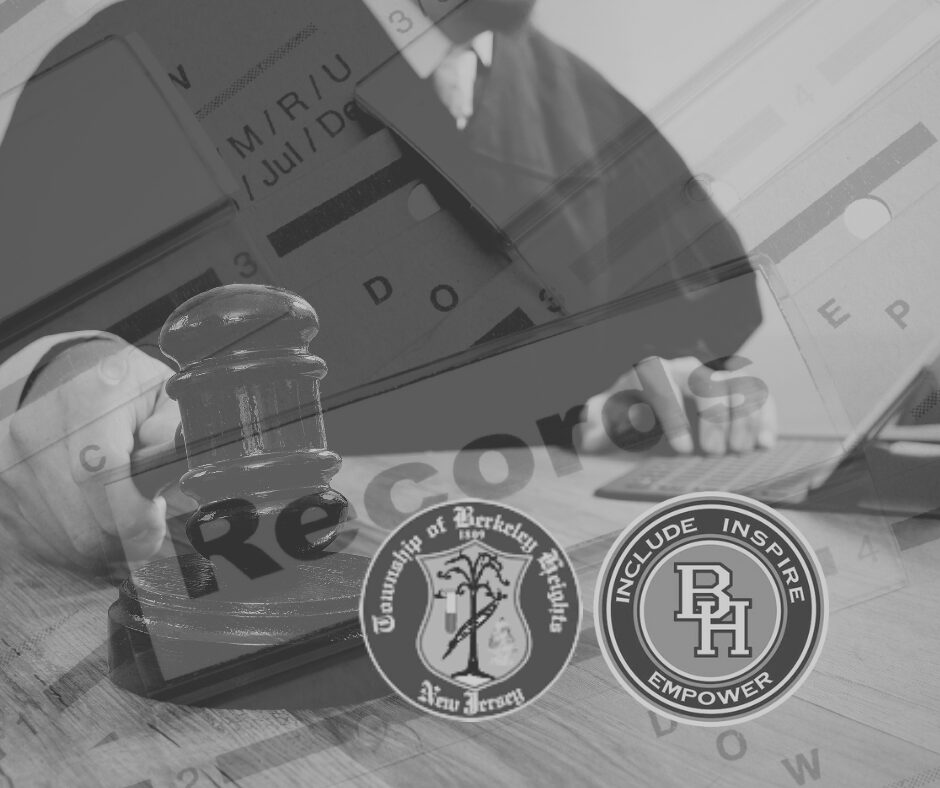NJ Education report published three articles over the past twelve months that are worth looking at when providing feedback to school districts on their Strategic Plans.
The first is an op-ed from Mike Lilly of the Sunlight Policy Center that references yet another data set supporting the fact that the NJ “best schools in the nation” line is a myth. As we have reported, our scores are propped up by wealthy Districts in the state where families can pay for tutoring and other services that work to mask ever growing deficiencies in NJ’s education approach.
This new report tracks the growth of scholars with whom NJTC worked during the last school year, reviews NJTC’s training protocols, and provides both quantitative data for scholars in Math and Literacy during the 2023-24 school year and qualitative data tracking general satisfaction in its operations. It also highlights significant gains in the number of NJTC scholars meeting statewide grade-level standards in math, which jumped from 4% of NJTC scholars at the beginning of the last school year to 26% after 10-20 weeks of NJTC tutoring. In Literacy, NJTC scholars improved from 12 percent to 30 percent.
The second is a report connected to High Impact Tutoring by NJTC.
The report, titled “Are We Planning for Achievement,” reviewed 50 strategic plans from school districts across the state—urban, suburban, and rural—to evaluate whether they include clear, measurable goals for student learning, systems for monitoring progress, and transparency in reporting results.
The findings were sobering: most districts scored between 5 and 10 out of 20 on NJPI’s rubric, with few demonstrating clear alignment between their plans and student outcomes. Some districts had no public strategic plan available at all.
The third is an article on the NJ Policy Institute’s analysis of 50 NJ School District Strategic Plans.
The report, titled “Are We Planning for Achievement,” reviewed 50 strategic plans from school districts across the state—urban, suburban, and rural—to evaluate whether they include clear, measurable goals for student learning, systems for monitoring progress, and transparency in reporting results.
The findings were sobering: most districts scored between 5 and 10 out of 20 on NJPI’s rubric, with few demonstrating clear alignment between their plans and student outcomes. Some districts had no public strategic plan available at all.
If you recall, NJ21st advocated that the Berkeley Heights School District provide high impact tutoring services to students earlier this year with concrete recommendations on how it could be paid for by redirecting funding from meaningless areas.
Last week I published yet another article on the absurd persistence of not just our District, but those across the state, that for whatever reason want to pursue teaching methods that end up costing thousands in consulting fees while making things worse.
Instead of tutoring, our Board President, Superintendent and a substitute Board Attorney (whose firm just happens to throw dollars into political campaigns) decided to make the Mayor and Recreation Commissioner’s obsession with the CMS property the focus of our Budget meeting – because what they want is way more important than anything else. Our own substitute Board Attorney, who just happened to come in just as the Mayor and Recreation Commissioner wanted to make this an issue, decided it was perfectly okay that the political machines his firm funded turn our budget meeting that should have been about students into a public negotiation fiasco – yet his own attorney’s opinion of the legality of the resolution driving it has been redacted in response to our OPRA request.
Our proficiency scores are struggling and, anecdotally, more than one parent has provided feedback from tutors and educators in other Districts that points to the District’s reputation in Math and Science as being less than stellar.
We can do something about it but it means showing up to BOE meetings and demanding that the Superintendent prioritize the issue and that Ms. Bradford and Ms. Stanley stay out of the way and allow the adults in the room to work on an issue that they have been trying to make a priority for four years. For just two meetings, if they can just stop trolling, interrupting and just let the rest of the Board do the work, it could make a difference.
It also means that parents can attend whatever these strategic plan feedback sessions are about and communicate one singular and specific message:
Math and Science are the priority.
I’m not clear why there needs to be such a theatre around the Strategic Plan – survey after survey has already conveyed what parents think is important.
Not Turf fields.
Not weird indirect teaching methods that don’t work.
Not uncapped police funding or boutique athletic positions.
Math and Science.
Here is an email I sent to the Superintendent and Members of the Board:
Attached please find a statewide analysis by New Jersey Policy Institute, (titled “Are We Planning for Achievement?”.) recently covered by NJ Education Report.
This analysis took a hard look at 50 district strategic plans across the state and found that most are not effectively focused on measurable academic outcomes, particularly in literacy and mathematics.
Measurable outcomes connected to Math, ELA and Science are positions that NJ21st has advocated for since its inception. It is something I have been asking for as a parent well before then – you can look at the old BOE recordings back when I was young and beautiful.
NJ spends over $26,000 per student annually yet, according to the report, less than half of students qualify as proficient in reading and math. The report also points to NJ students requiring remedial coursework and struggling with post-secondary readiness in connection to Graduation requirements.
The NJPI found that
-Most strategic plans fail to set clear goals (specific, measurable, achievable, relevant, time-bound- SMART) and lack interim benchmarks to track progress
-Most plans do NOT disaggregate results by student subgroup
-With the exception of a few Districts (Ramsey, Brick , Camden, and Belvidere), most plans are not a meaningful platform for improvement, transparency or accountability.
Given the findings and the District’s upcoming plan to revamp the Strategic Plan, it is critical for our District to consider and act on the evidence presented in this report.
We should examine whether our plan:
- Prioritizes student achievement in ELA, Math and Science
- Establishes clear, meaningful, measurable goals and growth targets.
- Includes strategies and monitoring systems that evaluate progress
- Demands accurate and transparent reporting to keep families and stakeholders informed.
Our District spends well above the state average and we all know the reality in NJ- that “good schools” are only “good” because they exist in wealthy communities where families can afford tutors and additional supports and that “good” isn’t really all that “good”.
I strongly encourage the Board and administration to review the NJPI findings and to consider using it as a basis for the upcoming strategic planning conversations and document development.
Thank you.
John Migueis
NJ21st
|



